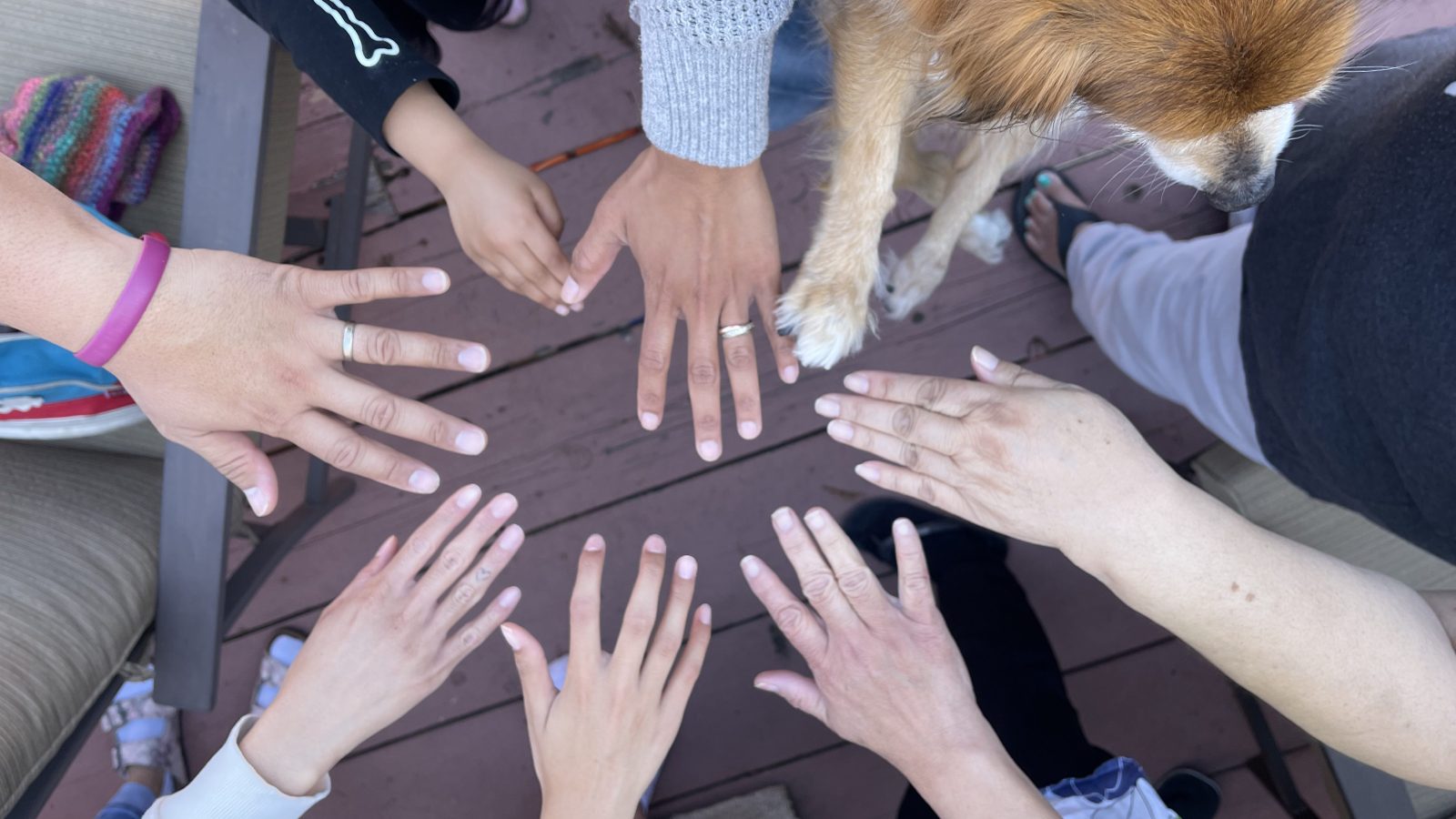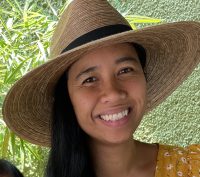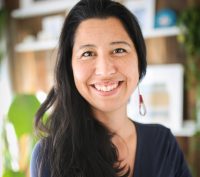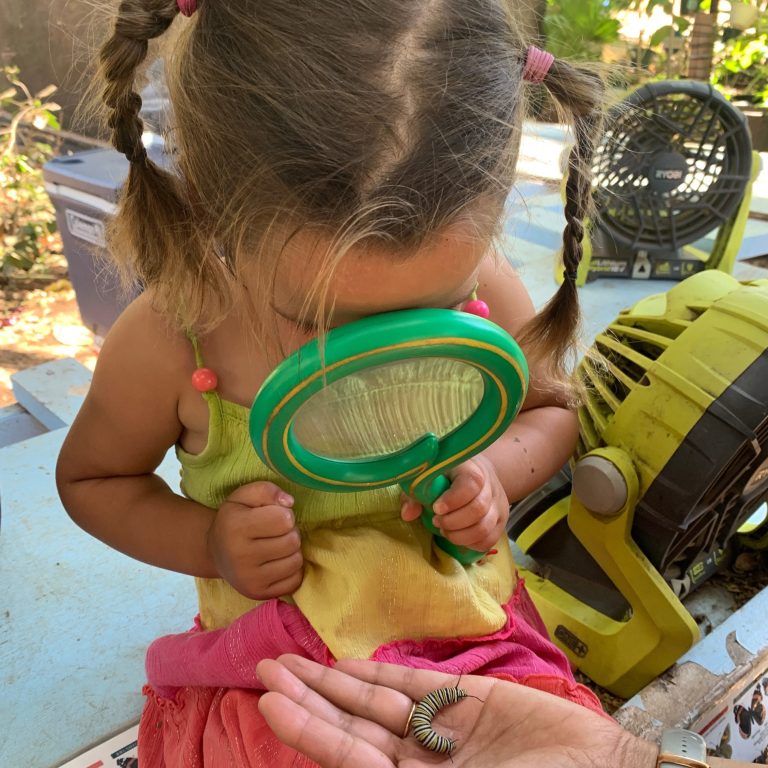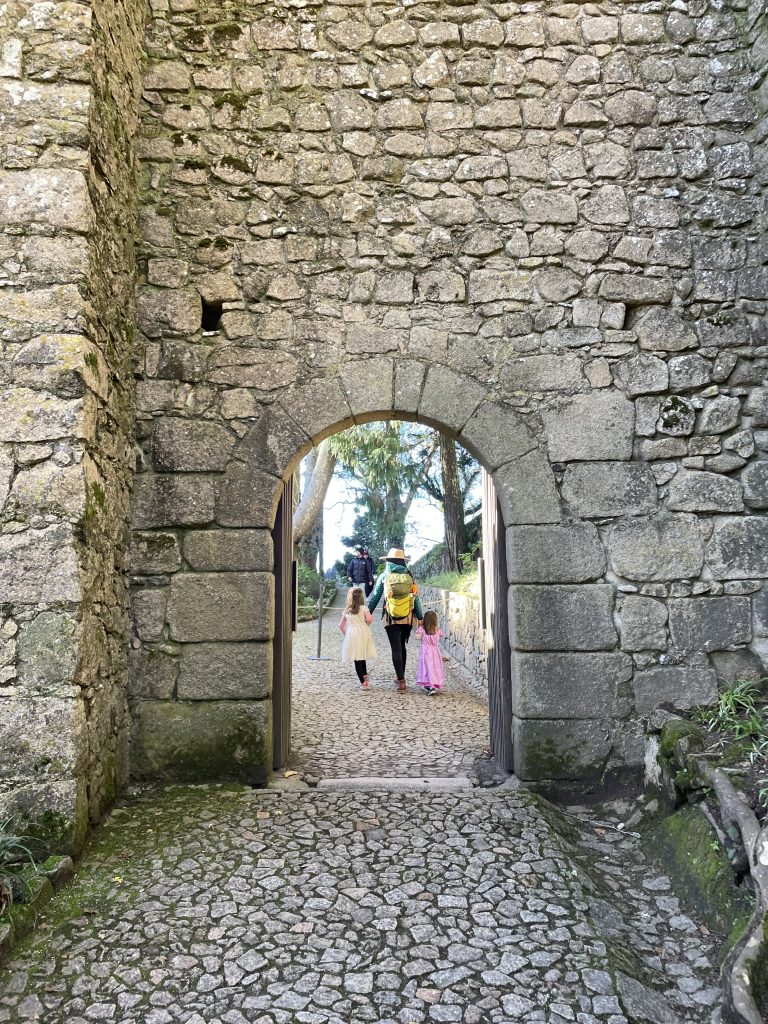What We Mean by "Brown" & "BIPOC"
You may have noticed that we throw around the words “BIPOC” and “brown” a lot on this blog. Heck, we even made the intentional choice to feature “brown” in our blog’s name. It factors so much into our identities, how we travel and move through the world, and how we see ourselves and those around us. So what does it actually mean to us?
The term BIPOC (commonly pronounced “by-pock”) is an acronym for Black, Indigenous, and People of Color. Until recently, the collective of non-white and mixed people was often referred to as POC (pronounced “P-O-C”), an acronym for “people of color.”
Then, the term BIPOC began making its rounds (The New York Times found the earliest instance of BIPOC being referenced in a 2013 tweet) as an attempt to call out the particularly abhorrent racism, enslavement, and genocide suffered by black and Indigenous communities at the hands of colonizers.
Quoting the nonprofit BIPOC Project: “We use the term BIPOC to highlight the unique relationship to whiteness that Indigenous and Black (African Americans) people have, which shapes the experiences of and relationship to white supremacy for all people of color within a U.S. context.”
we are people of the global majority
On this blog, we use the term “brown” interchangeably with “BIPOC.” We identify as brown, as people of color, as a way to differentiate ourselves from white people. We are people of the global majority.
BIPOC communities have faced many challenges around the world and in the U.S. They have been historically underresourced, undervalued, excluded communities that have faced extreme discrimination and violence, some groups much more than others. Using the term BIPOC is an acknowledgment of this shared history.
While we certainly wished we lived in a society where all members can truly see one another for the beautiful individuals we are, the fact is, we do not.
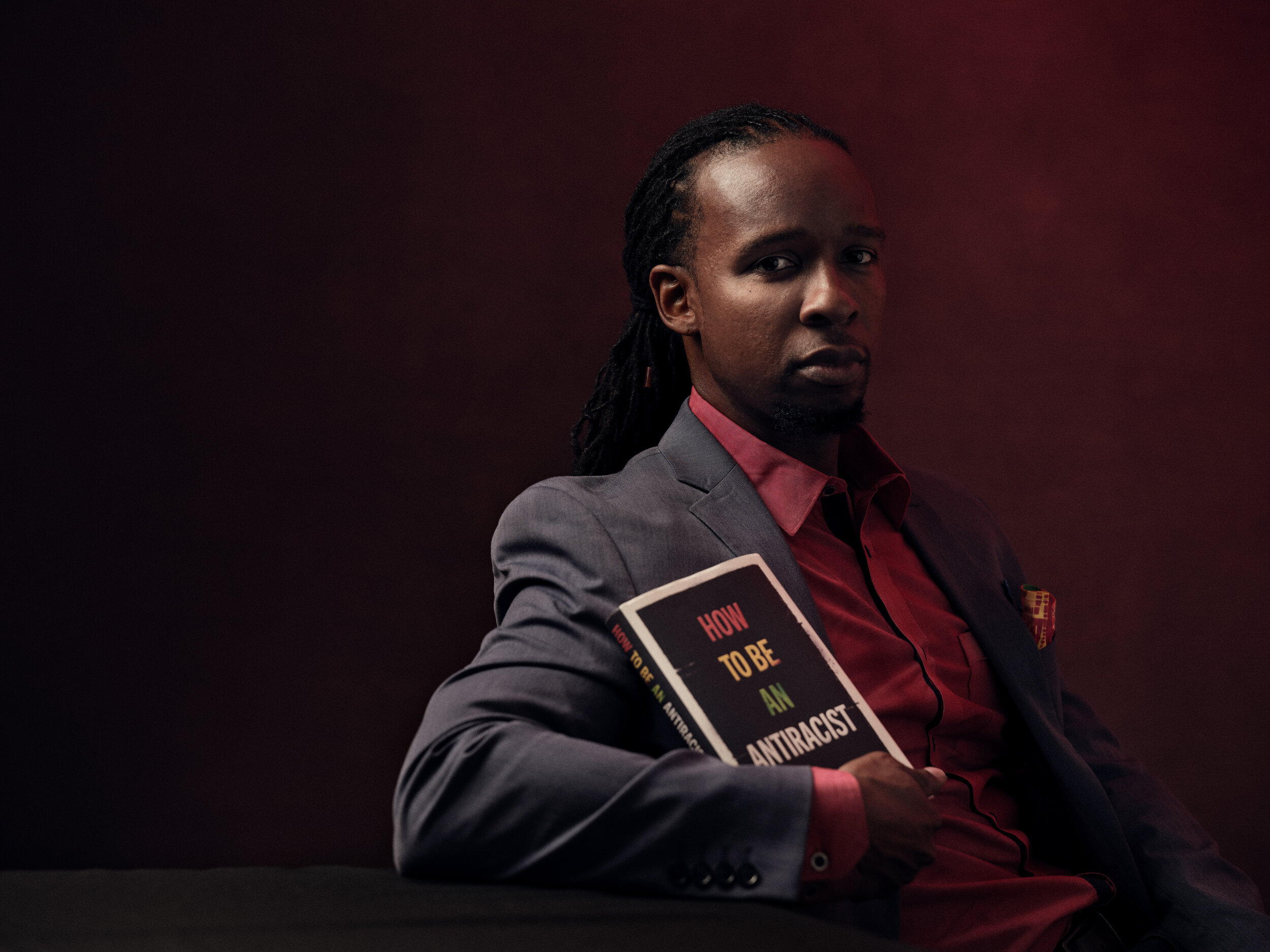
I still identify as Black. Not because I believe Blackness, or race, is a meaningful scientific category but because our societies, our policies, our ideas, our histories, and our cultures have rendered race and made it matter. I am among those who have been degraded by racist ideas, suffered under racist policies, and who have nevertheless endured and built movements and cultures to resist or at least persist through this madness.
I see myself culturally and historically and politically in Blackness, in being an African American, an African, a member of the forced and unforced African diaspora. I see myself historically and politically as a person of color, as a member of the global south, as a close ally of Latinx, East Asian, Middle Eastern, and Native peoples and all the world’s degraded peoples, from the Roma and Jews of Europe to the aboriginals of Australia to the White people battered for their religion, class, gender, transgender identity, ethnicity, sexuality, body size, age, and disability. The gift of seeing myself as Black instead of being color-blind is that it allows me to clearly see myself historically and politically as being an antiracist, as a member of the interracial body striving to accept and equate and empower racial difference of all kinds.
Author, How to be an Antiracist
For us, this blog is a way for us to express and share our voices, identities, personalities, and life experiences as we walk through the world in the skin we are in. We are calling explicit attention to the intersectionality of our identities that creates for each of us a unique combination of privileges and oppressions that accompany them.
Angelica is a Pilipinx-American cis-gendered woman whose parents and grandparents immigrated to the U.S.
Angel is an Indigenous-Puerto Rican-American cis-gendered woman. Angel is mixed-race, and her kids have a white father, so what “brown” means to their family is not necessarily “non-white,” but mixed.
It’s our hope that as we continue to grow this passion project, we’ll also be able to feature more beautiful brown voices and stories that intersect in other ways.
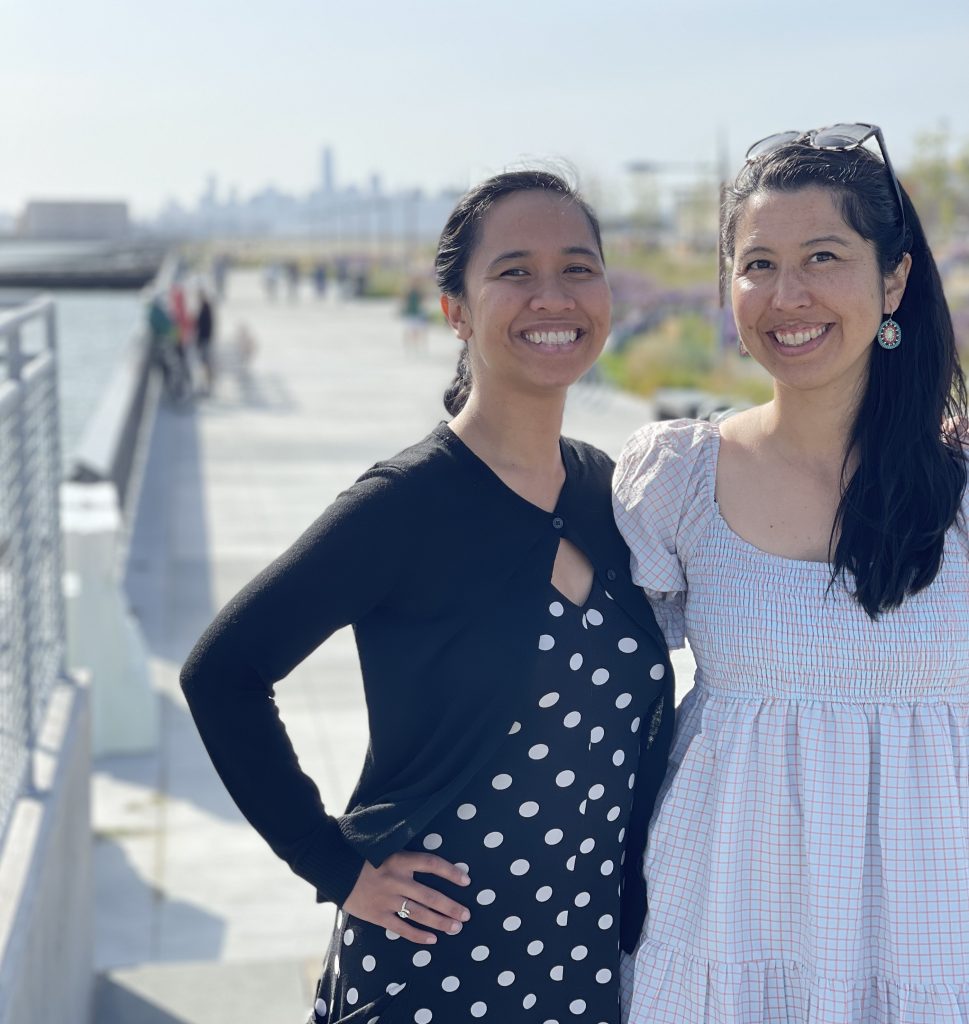
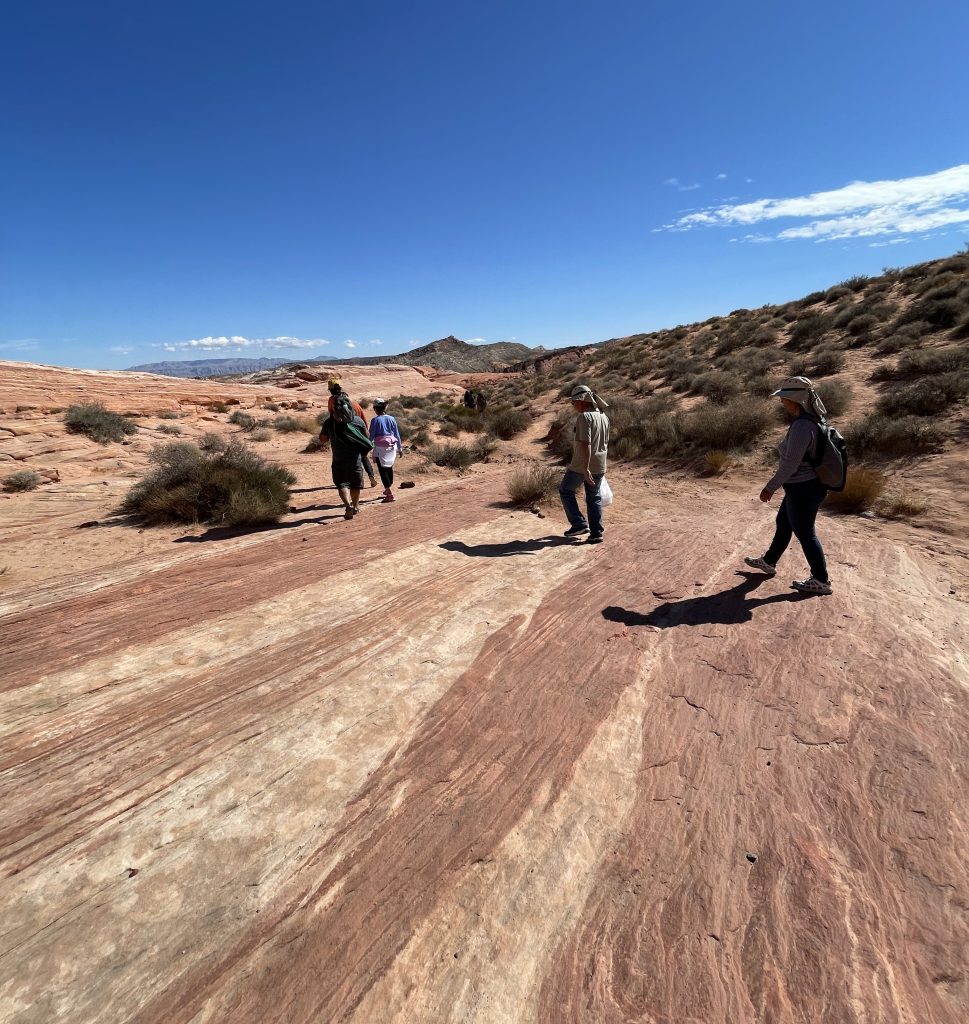
For now, this blog stands to share our personal stories as women-of-color, to connect with those who encounter similar realities in order to affirm one another, strengthen each other, lift each other up, and help each other find our own unique path towards liberation and self-love.
Our content attempts to be universal, and at the same time, we can only speak to our own unique perceptions of how we travel with our two families, who—it should go without saying—look and act different, too.
While we may have shared experiences with our fellow BIPOC families, our paths and viewpoints are not identical nor are they interchangeable.
We pledge to do our best to fully recognize the unique identities of those around us by using the most accurate and specific descriptions that are available to us. Where appropriate, we will continue to continue to use “BIPOC,” “POC,” and “black and brown” to describe ourselves, those we see, and the communities we visit, with all of the limitations those terms come with. If you have questions or thoughts, please share them in the comments below.
Quoting the words of former Code Switch co-host Shereen Marisol Meraji, “My final takeaway from all this is that it’s a radical act to come together in a society where structures have been built to keep us apart. And whatever we decide to call that coalition, that’s no easy feat.”
Additional Resources
Angelica (she/her) is of Cebuano(Pilipinx)-descent and was born and raised in Huchiun Ohlone territory (the East Bay Area--pay your Shuumi Land Tax!), where she also now resides with her partner and their toddler. She loves to spend her time sipping on boba and dirty chai lattes (sometimes together), and eating pescetarian goodies at BIPOC-owned cafes and restaurants.
-
Angelicahttps://beautifulbrownadventures.com/author/jellyeatsfishy/
-
Angelicahttps://beautifulbrownadventures.com/author/jellyeatsfishy/
-
Angelicahttps://beautifulbrownadventures.com/author/jellyeatsfishy/
-
Angelicahttps://beautifulbrownadventures.com/author/jellyeatsfishy/
Puerto Rican & Indigenous mama of two. Bay Area native. Salsa dancer. Backpacker. Doula. Angel (she/her/hers) is a co-founding member of the Beautiful Brown Adventures team. She has traveled to over 30 countries and loves to explore the world with her two daughters & partner - one ice cream shop at a time.
-
Angelhttps://beautifulbrownadventures.com/author/angelcal/
-
Angelhttps://beautifulbrownadventures.com/author/angelcal/
-
Angelhttps://beautifulbrownadventures.com/author/angelcal/
-
Angelhttps://beautifulbrownadventures.com/author/angelcal/
You might also enjoy
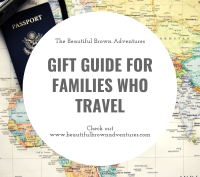 2023 Gift Guide for Families Who Love to Travel
2023 Gift Guide for Families Who Love to Travel
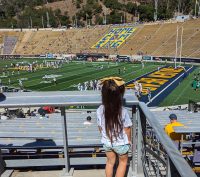 The Ultimate Guide to Bringing Your Kids Under-4 to a Cal Football Game
The Ultimate Guide to Bringing Your Kids Under-4 to a Cal Football Game
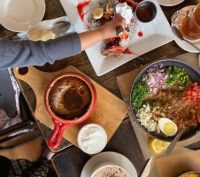 Our Favorite Black-Owned Restaurants in the East Bay and San Francisco
Our Favorite Black-Owned Restaurants in the East Bay and San Francisco
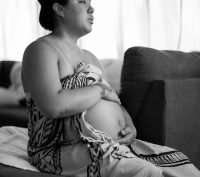 How I became a Birth Believer and delivered my baby at home in Hawaii
How I became a Birth Believer and delivered my baby at home in Hawaii
 California Home Sweet Home: Our Fast and Amazing Water Birth Experience
California Home Sweet Home: Our Fast and Amazing Water Birth Experience

